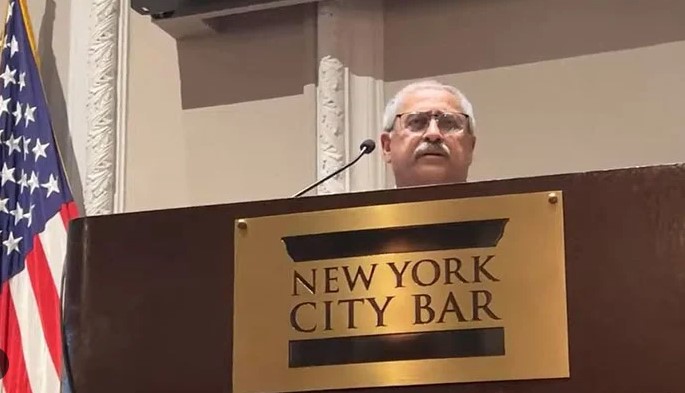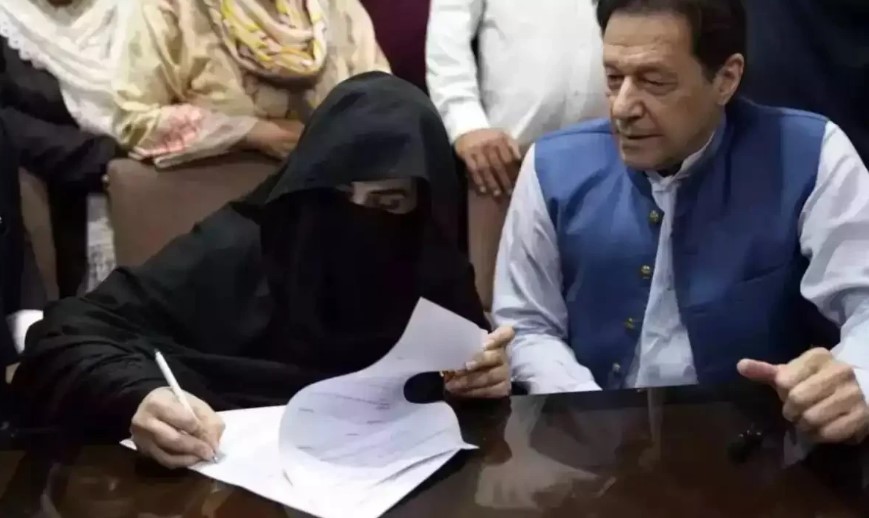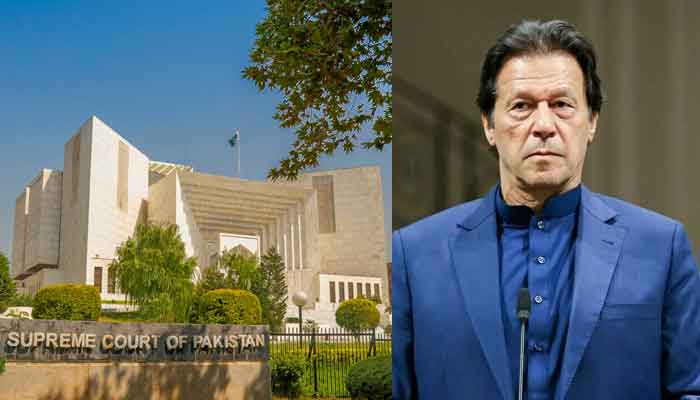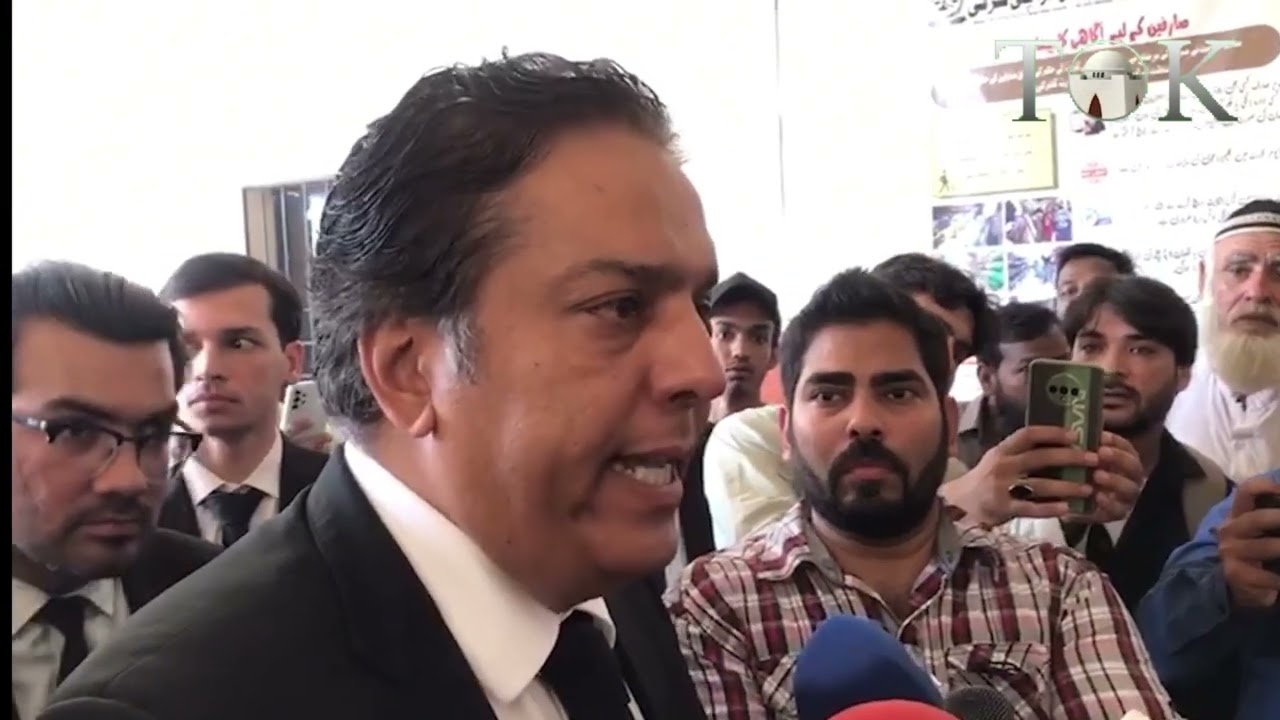LEGAL

Supreme Court Judge Justice Atharmanullah has made a compelling case for keeping courts operational during times of martial law threats, emphasizing the importance of judicial independence and constitutional supremacy.
In a recent address to the New York Bar, Justice Atharmanullah expressed his concerns about the atmosphere of distrust created by media reports suggesting imminent martial law. He stressed that courts should be available to uphold the Constitution and provide legal recourse during such critical times.
Reflecting on historical precedents, Justice Atharmanullah stated that had the courts been open on July 5, 1977, during Zia-ul-Haq's dismissal of the elected prime minister, or on October 12, 1999, when General Pervez Musharraf's coup took place, the judicial oversight might have altered the course of these events. He implied that if courts had been functioning during these times, they could have played a pivotal role in maintaining constitutional order.
Justice Atharmanullah also shared personal challenges, including the online dissemination of his sons' personal data and attacks on his wife. He described these actions as a direct assault on judicial independence and a test of the judiciary's resilience.
The judge criticized those who previously opposed him but now align with his perspective, highlighting the shifting nature of political support and its impact on judicial credibility. He underscored that such criticism should not deter judges from their duties but rather bolster public trust in the judiciary.
Justice Atharmanullah's remarks reflect a strong stance on the necessity of maintaining judicial functions and independence, particularly in times of political instability.




